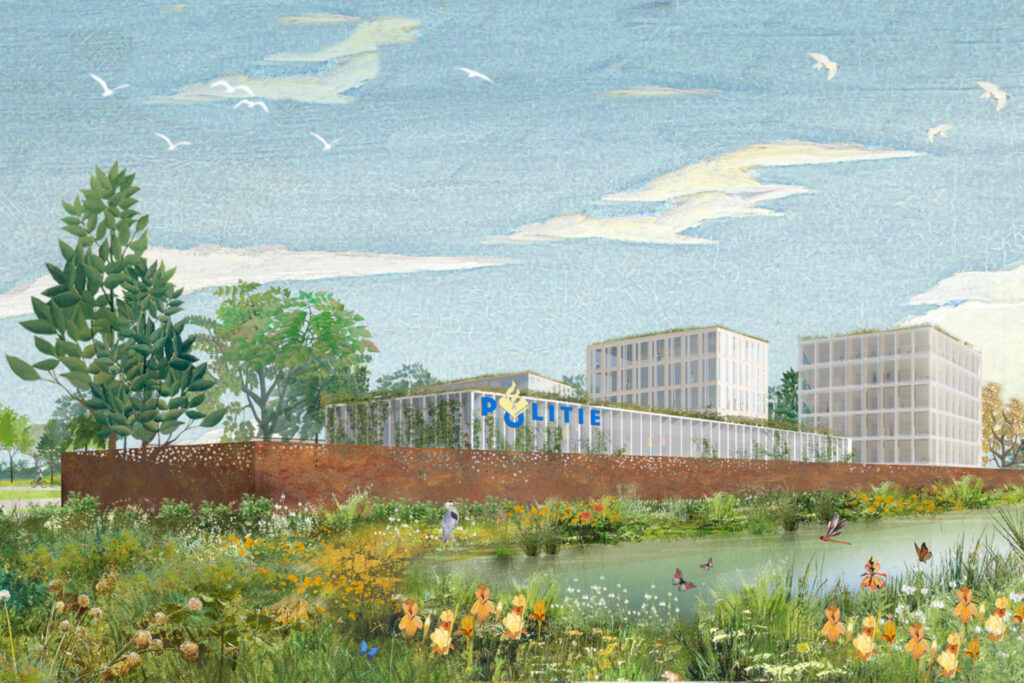How companies and governments lose connection with employees and citizens.
Trust is a fragile currency. It takes time to earn, yet it can evaporate in an instant. Dishonesty is the quickest way to kill it, and obfuscation often functions as the proverbial smoking gun. The moment people feel left out of the conversation, being ignored, when their voice no longer seems to matter, the erosion begins. Doubt is the first fissure, disengagement the widening crack, and betrayal the collapse.
Those who feel betrayed rarely return as partners. More often, they become and remain obstacles. Regaining trust is not just difficult; it may be impossible.
Universal Mechanics of Distrust
This mechanism plays out in both governance and business. In today’s political climate, governments frequently proclaim the need to stay close to their communities, considerate of the opinion of citizens, and to make participation easy and accessible. Yet in practice, people often encounter friction, opacity, and selective reasoning. When decisions are imposed rather than co-created, disillusionment sets in. The effects ripple beyond the immediate issue, shaping wider attitudes toward institutions. Proclaiming one thing, but doing another, is a recipe for the growth of distrust.
“It doesn’t matter what I think; they never listen anyway.” The sentiment is familiar. Once lodged, it shapes every subsequent interaction, shutting down openness to dialogue or compromise.
Businesses are not immune either. A brand lives or dies by how it is perceived. Customers can forgive mistakes, that is: if a company is open, transparent, and accountable. But once people feel lied to, or discover promises were knowingly made without the means to fulfil them, the relationship breaks. And the damage is rarely contained: research shows negative experiences are shared more widely than positive ones, and losses weigh heavier than gains.
An Everyday Example
I had a personal reminder of this dynamic in something as mundane as a kitchen renovation. A malfunctioning oven forced us to overhaul a full cabinet wall. We turned to a recommended specialist, whose advice seemed thoughtful and whose solution looked ideal. Premium price, but based on a promise.
When installation day came, components were unavailable. Delays followed. The design changed midstream. We discovered this was common practice: sales would overpromise, production would discover limitations, service would deliver the news matter-of-factly, and installers were left to improvise.
“Never again,” we said. The premium brand had lost not only our repeat business, but also every referral we might have offered. The erosion of trust was complete.
The Political Parallel
The same structure is visible in governance. Promises made, scope expanded, objections acknowledged but not integrated, alternatives quietly dismissed. Citizens begin by engaging in good faith, but over time, they realise the game is tilted. Trust thins, then snaps.
The plan for a police training campus in Meerhoven, Eindhoven, starkly illustrates this. What began as a modest relocation of Eindhoven’s outdated Mathildelaan bureau transformed — almost imperceptibly at first — into a vast complex projected to host over 2500 daily users. Seventeen locations were considered, three shortlisted, one chosen. Yet no transparent comparison was published, and alternatives such as the Trade Forum site were dismissed without substantiation.

Community engagement was launched only after the fundamental choice had been made. Residents requested a quality-of-life study, supported by 98% of those consulted. The municipality declined, citing an undocumented police ultimatum. Later, road rerouting was presented as “inevitable,” though inevitability was never distinguished from necessity. The process drifted steadily toward execution, while objections accumulated as procedural residue.
I have documented this case in detail in The Cartography of Consent. What it shows is not unique: it mirrors the very same erosion that businesses experience when they promise more than they can deliver and hide behind process instead of transparency.
What Research Tells Us
The erosion of trust has been studied across disciplines. Francis Fukuyama, in ‘Trust: The Social Virtues and the Creation of Prosperity’, argues that high-trust societies enjoy a competitive advantage because collaboration requires fewer formal controls. Where trust is weak, more energy is spent on monitoring, contracts, and compliance. It leads to friction that stifles progress.
Sociologists Reinhard Bachmann and Akbar Zaheer, in the ‘Handbook of Trust Research’, distinguish between relational trust (rooted in shared values and mutual respect) and calculative trust (rooted in contracts and incentives). When relational trust erodes, reliance on calculative mechanisms grows. The irony is that calculative trust is less resilient: one breach can collapse it entirely.
Public administration scholars like Erik-Hans Klijn show that effective governance depends on transparency and open networks. Trust enables actors to share information, reduce uncertainty, and innovate together. Similarly, Andrew van de Ven’s work on collaborative innovation demonstrates that trust is the lubricant of joint ventures: without it, coordination costs multiply, and projects stall.
Social Capital Theory reinforces the point. Networks rich in trust create resilience because reciprocity and mutual recognition reduce the fear of exploitation. Once trust is abused, however, the social capital depreciates, and rebuilding it takes more than good intentions.

Breaking the Pattern of Drift
What ties these strands together is a recurring pattern:
- Promises are made, but not anchored in feasibility.
- Transparency is substituted with process.
- Objections may be acknowledged, but not acted upon.
- Scope expands quietly, until reversal is impractical.
In both politics and business, this sequence creates not only disappointment but also a sense of betrayal. People realise their goodwill has been instrumentalised, and their consent assumed rather than earned.
The lesson is not abstract. Transparent governance builds stronger communities. Transparent companies build stronger brands. In both cases, trust is not a resource to be spent, but a relationship to be nurtured. Ownership and buy-in emerge not from coercion, but from honesty; even when the truth is inconvenient.
In a climate where disengagement is rising and polarisation deepens, the choice to prioritise trust is not just ethical, it is strategic. It reduces friction, creates resilience, and unlocks collective intelligence.
The erosion of trust is easy. Its reconstruction is hard. The choice between the two is not.
https://www.linkedin.com/pulse/erosion-trust-roland-biemans-go5qe

Comments are closed